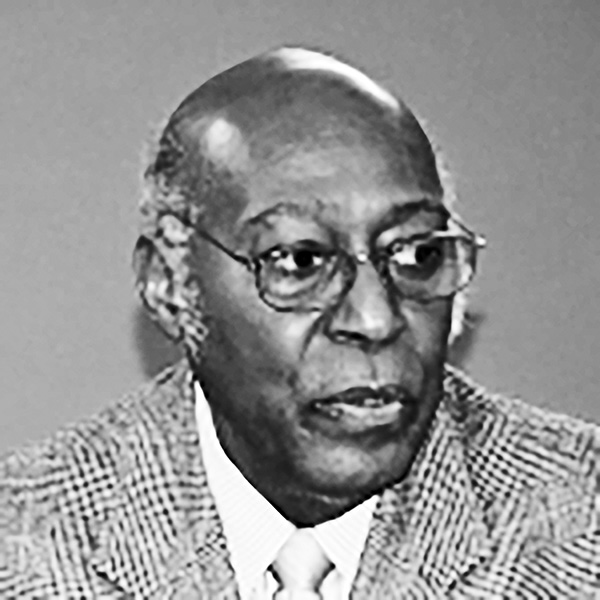Black History
Passes: Black Power Trailblazer Charles V. Hamilton, 94
Reflecting on the profound legacy of Charles V. Hamilton, Stacy M. Brown celebrates the transformative influence of the esteemed political scientist on the discourse of racial equality and social justice. #CharlesVHamilton #BlackPower #CivilRights #InstitutionalRacism

By Stacy M. Brown
Senior National Correspondent
@StacyBrownMedia
NNPA Newswire
Austin Cooper recalled the first time he met Professor Charles V. Hamilton, a philosophical luminary and key architect of the Black Power movement. Cooper, who earned a Master of Public Administration from the Columbia University School of International and Public Affairs under Hamilton’s tutelage, said the professor wasn’t simply an academic advisor. To Cooper and others, he was a mentor and friend. Mostly, though, Hamilton was “Doc.”
“He hired me to be one of three research assistants at The Ford Foundation, where he headed a three-year project on ‘Social Welfare Policy and the American Future,’” said Cooper, the managing editor of the Our House DC newsletter.
Though Hamilton’s death occurred on Nov. 18, 2023, it was only confirmed and made public this week. Hamilton, a distinguished political scientist, and educator, played a transformative role in reshaping the discourse on racism in the United States through his groundbreaking work, “Black Power: The Politics of Liberation.”
Hamilton’s collaboration with Stokely Carmichael in 1967 produced a seminal piece that challenged traditional civil rights approaches. Unlike Carmichael, known for his impassioned speeches, observers noted that Hamilton brought a quiet and dignified intellectualism to the movement. According to scholars and others who knew him, Hamilton conveyed his profound influence through the strength of his ideas.
He co-authored work that shifted the narrative on racism, introducing the concept of institutional racism to the forefront. Prior discussions primarily focused on overt acts of prejudice, but “Black Power: The Politics of Liberation” redirected attention to the entrenched biases within American institutions.
Hamilton’s legacy extended beyond academia and his writings; his ideas continue to influence discussions on racial equality and justice. “Doc loved not only teaching, but he inspired me and all of his students to become activists of history in our respective fields of profession,” Cooper remarked.